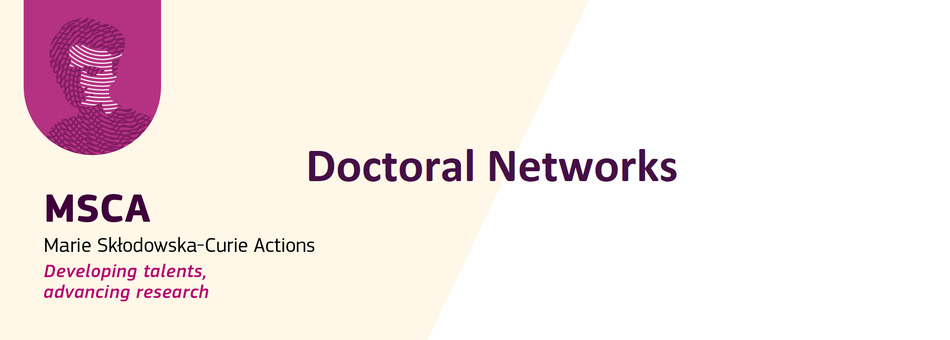Expected Outcome:
Projects’ results are expected to contribute to some or all of the following outcomes:
- Enhanced links between scientific community and first and second responders promoting user-targeted research and faster transfer of science results into best practices;
- Enhanced adoption of novel technologies such as advanced Earth Observation capabilities and capabilities such as those from Earth Observation space technologies into prevention and management practices and tools;
- Improvement of meteorological input (wind, temperature, precipitation, soil humidity) for extremes related to heat and drought (forest fires, heatwave, agricultural damage, low water for hydro power), especially concerning the support of counter activities;
- Improved methods for cross-border and cross-sectoral knowledge transfer about risk, vulnerability, exposure, and monitoring methods;
- Development of common technical standards of alert and impact forecasting systems that cope more efficiently with transboundary emergencies and for GIS-based information systems dealing with high-impact weather / climatic and geological disasters management during emergencies;
- Identification of needs and opportunities for transferring advanced scientific results into enhancement in disaster logistics and responses, including tailor-made education and training programmes for emergency management teams.
Scope:
Europe is confronted with increasingly intense and sometimes unexpected consequences of natural disasters ranging from floods and heavy rain events to droughts and large-scale forest fires even in hitherto not affected regions, as well as other geohazards such as volcanic eruptions and landslides. To respond to these emerging challenges an integrated transnational emergency management is needed efficiently linking systems available at the European level such as, for example, the Copernicus Emergency Management Service, with national, regional or local systems. Furthermore, an evaluation of applied disaster risk reduction methods is required, in particular alert and impact forecasting systems, to identify potential for improvement and constant innovation.
Knowledge transfer (cross-border and cross-sectoral) about natural hazards-related risks and emergency management is essential to increase the resilience of societies. A vital dialogue and exchange of good practice examples among scientific and technical communities, stakeholders, policymakers and local communities is needed. In particular, the level of awareness of EU citizens for local risks can be increased by new approaches to visualise risks, vulnerability and exposure through e.g. impact forecasting data and mapping including satellite data and information. Emergency management plays a crucial role in this regard, taking into account the ongoing urbanization and economic growth, which put a lot of pressure on areas such as floodplains and their ability to absorb and store water.
Currently, there are no harmonised / standardised European methods for identifying vulnerability and exposure on the basis of which alert and impact forecasting systems are established, allowing this information to be used by civil protection authorities in a timely manner to improve disaster preparedness, communication to local authorities and population, evaluation logistics etc. Recent flash floods in Belgium, Germany and Luxembourg in July 2021 have shown that this lack of protocols hampered the efficient implementation of early warning and preparedness actions prior to the disaster event.
This topic is part of a coordination initiative between ESA and the EC on Earth System Science. Under the EC-ESA Earth System Science Initiative both institutions aim at coordinating efforts to support complementary collaborative projects, funded on the EC side through Horizon Europe and on the ESA side through the ESA FutureEO programme. Proposals should include a work package, means and resources for coordination with complementary projects funded under the Science for Society element of the ESA FutureEO programme. The projects(s) should establish a close coordination and collaboration with the relevant ESA relevant actions and projects (https://eo4society.esa.int).
In this context it is important to remind that standardisation should support operations and policymaking to supplement it but should by no means substitute it. While standardisation of technology may be more straightforward, the right balance does especially have to be sought for processes. The action should ensure close synergies with standardisation activities on European and international level.
This topic requires the effective contribution of SSH disciplines and the involvement of SSH experts, institutions as well as the inclusion of relevant SSH expertise, in order to produce meaningful and significant effects enhancing the societal impact of the related research/innovation activities.
In order to achieve the expected outcomes, international cooperation is also encouraged.





